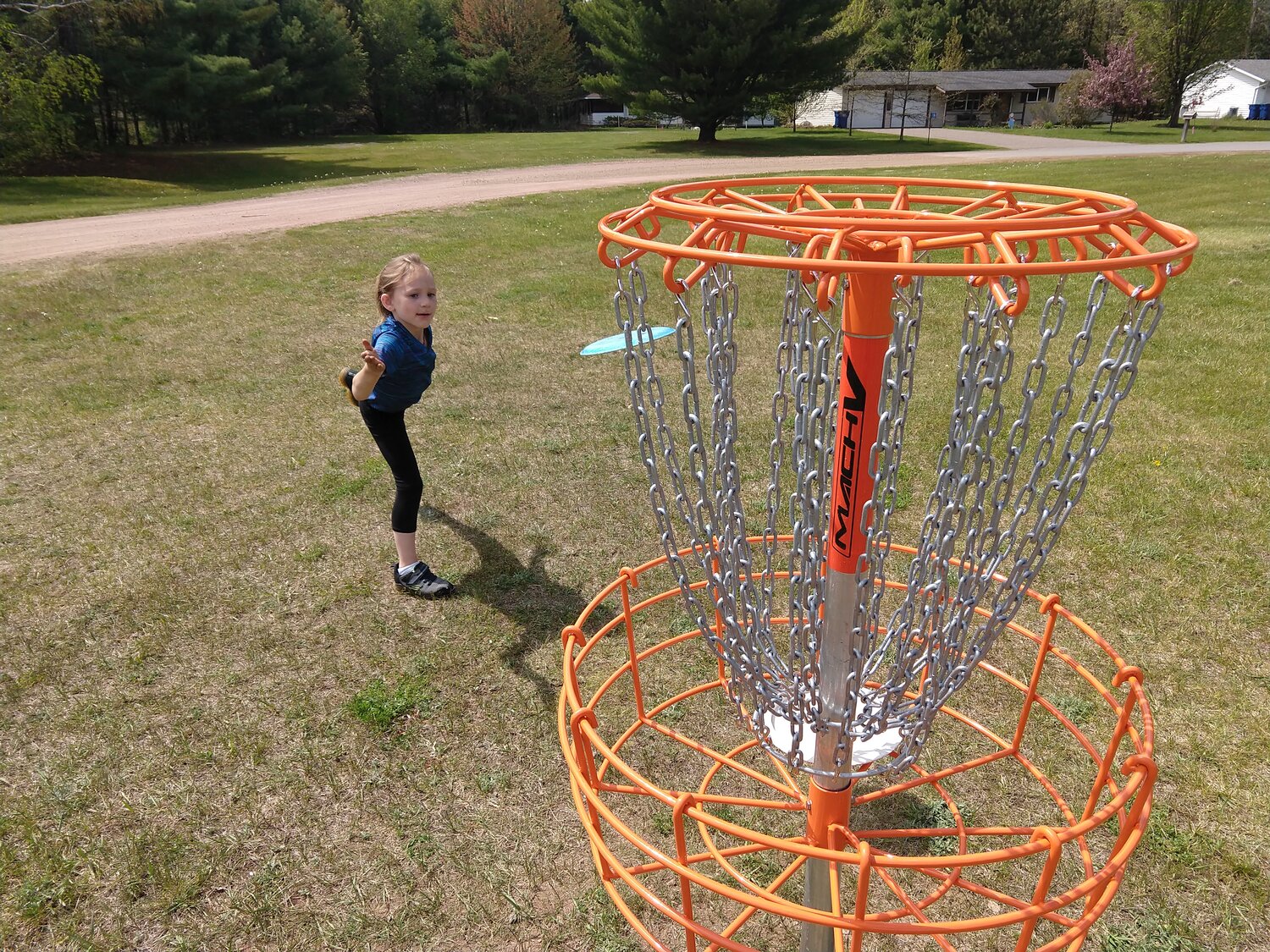In disc golf, dnf stands for did not finish, indicating that a player was unable to complete the round or tournament. Dnf is a common term used in the disc golf community to track a player’s performance and status in a competition.
It is often recorded when a player is unable to complete the required number of holes due to various reasons such as injury, equipment failure, or personal circumstances. Dnf can affect a player’s overall ranking and standings in the tournament.
This term is widely understood among disc golfers and is an important metric to track a player’s progression and performance throughout a disc golf event.

Credit: www.ironbull.org
Table of Contents
Understanding Dnf In Disc Golf
Dnf stands for “did not finish” in disc golf, and understanding its meaning is crucial for players. In this sport, a dnf occurs when a player fails to complete a round or a hole. It could be due to various reasons, such as injury, weather conditions, or personal circumstances.
This term holds significant importance for disc golfers as it affects their scores and rankings in tournaments. A dnf can lower a player’s overall performance and potentially impact their standing in the competition. Some common reasons for a dnf in disc golf include excessive penalties, losing a disc, or being unable to complete a hole within the given time frame.
Being aware of the implications and reasons for a dnf can help players strategize and improve their game to avoid such occurrences in the future. For disc golfers, minimizing dnfs is essential in order to achieve success in this challenging and exciting sport.
Impact Of Dnfs On Disc Golf Tournaments
Dnfs, or did not finish, have a significant impact on disc golf tournaments. These dnfs can affect player rankings, causing fluctuations and changes in the overall standings. Tournament organizers face challenges in managing these dnfs, as they disrupt the flow and fair competition.
Strategies are needed to address this issue, ensuring a smooth and seamless tournament experience for both players and spectators. Implementing measures like clear rules and penalties for dnfs can discourage this behavior while promoting commitment and fair play. Additionally, providing opportunities for players to improve their skills and offering support to beginners can reduce the likelihood of dnfs.
Overall, understanding the effects of dnfs and finding effective strategies to handle them is essential for the growth and success of disc golf tournaments.
Overcoming Dnfs And Improving Performance
Overcoming dnfs and improving performance is crucial in disc golf. To avoid dnfs, consider these tips. Training techniques are essential for enhancing performance and minimizing dnfs. Mental preparation plays a significant role in preventing dnfs. Practice regularly and focus on improving your skills.
Develop a strong mindset and maintain a positive attitude on the course. Stay calm and focused during your rounds. Visualize successful shots and strategize your approach. Stay hydrated and properly fuel your body for optimal performance. Proper warm-up and stretching routines can help prevent injuries and increase flexibility.
Learn from your mistakes and analyze your performance to identify areas for improvement. With dedication and practice, you can overcome dnfs and excel in disc golf.
Frequently Asked Questions Of What Does Dnf Mean In Disc Golf?
What Does Dnf Mean In Disc Golf?
Dnf stands for “did not finish” in disc golf. It refers to a player who was unable to complete a hole or the entire round for various reasons. This could include a throw that went out of bounds, equipment issues, or even personal reasons.
Players who dnf usually receive a high score for that hole or round.
Conclusion
Understanding the meaning of dnf in disc golf is crucial for players of all skill levels. Whether you’re just starting out or a seasoned pro, dnf can impact your performance and overall experience on the course. Defined as “did not finish,” dnf is not something to be ashamed of but rather a learning opportunity.
It can happen for various reasons, such as challenging weather conditions, mental or physical fatigue, or simply a bad day on the course. The key is to approach dnf with a positive mindset, using it as motivation to improve and overcome obstacles.
By analyzing the factors that contributed to the dnf and making necessary adjustments, players can grow both mentally and physically. So, embrace the meaning of dnf, learn from it, and keep pushing forward in your disc golf journey. Your next game might just be your best yet!
Leave a Reply